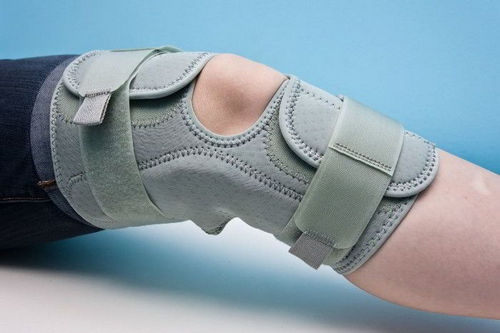Calcium is one of the essential nutrients necessary for healthy bone development. Bones contain most of our body’s calcium, so they act as the body’s ‘reservoir’ of calcium.
Calcium is critical for the function of cells in the body and a certain amount of calcium circulates within the blood, with the body maintaining the levels of calcium within a very tight range. Our bodies cannot make calcium, and if blood calcium levels fall, the body will compensate for this by drawing calcium out of bones and putting it into the blood. Calcium is also excreted by the body daily.
This means it is important to have an adequate daily intake of calcium through your diet, so your bone mineral strength is not compromised.
Recommended daily calcium intake
There are critical times in life when it is vital to ensure that calcium intake through food and/or supplements is adequate and meets the recommended requirements. The following table lists these requirements:
| Who | Age | Recommended daily calcium intake | Bone health issues |
|---|---|---|---|
| Children | 1-3 | 500mg | During this growth phase the foundations for peak bone mass are laid, so it is essential calcium intake matches the needs of growing bones. |
| 4-8 | 700mg | ||
| Girls | 9-11 | 1,000mg | |
| 12-18 | 1,300mg | ||
| Women | 19-50 | 1,000mg |
|
| 50+ | 1,300mg |
|
|
| Pregnant and lactating women | 14-18 | 1,300mg |
|
| 19-30 | 1,000mg | ||
| 31-50 | 1,000mg |

Calcium content of various foods
While dairy products can provide a good source of calcium, daily calcium requirements need not necessarily come only from dairy products. Two serves of dairy and another serve of calcium-rich foods like broccoli, beans, almonds, tinned salmon and sardines equate to about 1,000mg of calcium.
If you choose alternative calcium sources, note the quantity of calcium found within the particular food source. The following table lists the average calcium content of a variety of foods:
| Food | Serving | Calcium per serve |
|---|---|---|
| Regular milk | 1 cup (250ml) | 285mg |
| Skim milk | 1 cup (250ml) | 310mg |
| Natural yogurt | 1 tub (200g) | 340mg |
| Low fat yogurt | 1 tub (200g) | 420mg |
| Cheddar cheese | 40g cube | 310mg |
| Low fat cottage cheese | 100g | 80mg |
| White bread | 1 slice | 15mg |
| Cooked spinach | 1 cup (340g) | 170mg |
| Cooked broccoli | 1 cup (100g) | 30mg |
| Canned salmon (+ bones) | ½ cup | 230mg |
| Canned sardines (+ bones) | 50g | 190mg |
| Almonds | 15 almonds | 50mg |
| Tofu | 100g block | 0-100mg* |
* The calcium content of tofu depends on how the tofu has been processed. If it is processed using calcium chloride or calcium sulphate, tofu may have up to 100mg calcium per 100g block. Otherwise the calcium content of tofu is very low.
Calcium Counter – Reproduced with permission from Dairy Australia (as per Calcium Fact Sheet) – last updated 17/7/2002.
Calcium supplements
Calcium needs are generally best met through diet. However, calcium supplements may be required by those who do not obtain adequate calcium from food products to meet the 1,000-1,300mg per day required for girls and women.
Most calcium supplements in Australia contain:
- calcium carbonate (sold as caltrate) or
- calcium citrate (sold as citracal)
Calcium carbonate
Caltrate requires an acidic environment for maximum absorption and should be taken with meals.
Calcium citrate
Calcium citrate does not require an acidic environment and therefore can be taken on an empty stomach (but is better taken with food). It is the preferred calcium product for people who need to take anti-reflux medications.
When to take calcium supplements
It is best to take calcium supplements at night, as this is when bone ‘turnover’ increases.
High dose calcium supplements may be linked with heart disease. Beneficial effects of calcium are found with relatively low doses (500-600mg). Elderly individuals and others with impaired kidney function may be at higher risk of cardiovascular disease.



